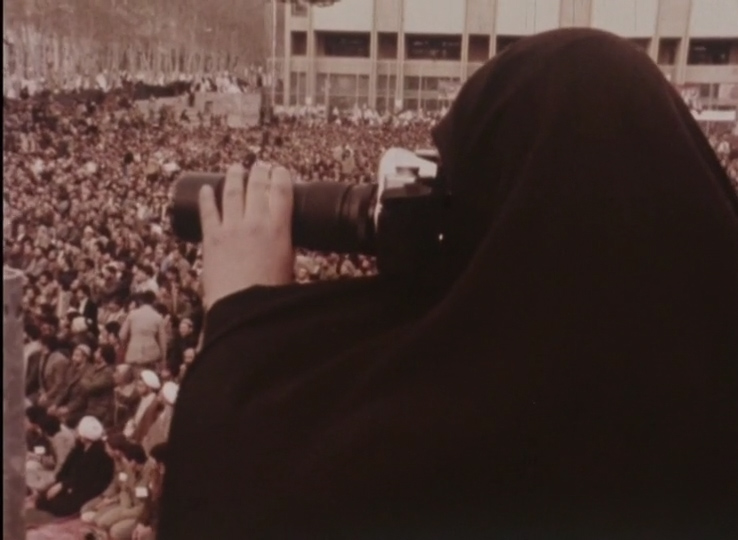Abbas Kiarostami (1940-2016), arguably one of the the greatest of Iranian filmmakers, was a master of interruption and reduction in cinema. He, who passed away on Monday in a Paris hospital, diverted cinema from its course more than once. From his experimental children’s films to deconstructing the meaning of documentary and fiction, to digital experimentation, every move brought him new admirers and cost him some of his old ones. Kiarostami provided a style, a film language, with a valid grammar of its own.
On the occasion of this great loss, Jonathan Rosenbaum and I discussed some aspects of Kiarostami’s world. Jonathan, the former chief film critic at Chicago Reader, is the co-author (with Mehrnaz Saeed-Vafa) of a book on Kiarostami, available from the University of Chicago Press. – Ehsan Khoshbakht
* * *
Ehsan Khoshbakht: Abbas Kiarostami's impact on Iranian cinema was so colossal that almost swallowed up everything before, and to a certain extent after. For better or worse, Iranian cinema equated Abbas Kiarostami. It was good because it made Iranian cinema a global phenomenon. And not so good when it overshadowed other filmmakers and other existing modes of filmmaking in Iran. Can you think of any other filmmaker whose presence could have dominated a national cinema to such extent?
Jonathan Rosenbaum: As you know, I tend to view Kiarostami more in transnational terms. In terms of being identified with a national cinema from outside that particular nation, I suppose one could cite Satyajit Ray, Almodovar, Bergman, and Kurosawa, among others. But from a transnational perspective, I suspect that the only figure comparable to Kiarostami, both in terms of influence and in terms of stirring up controversies, would be Godard. Godard himself apparently once said that the cinema that begins with Griffith ends with Kiarostami. For me, both directors excelled in creating global newspapers during separate decades -- Godard in the 60s, Kiarostami in the 90s. And people are still quarrelling about their formal procedures in comparable ways. Another parallel with Godard worth mentioning is the capacity of both filmmakers to keep reinventing themselves, in terms of audience, format, relation to narrative, and much else besides. You might even say that Godard and Kiarostami each have had as many "periods" as Picasso did.










